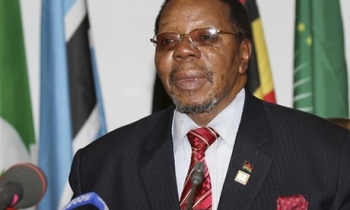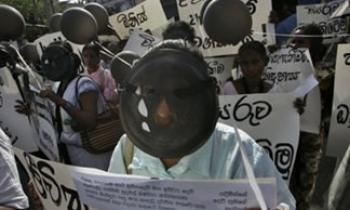Reuters has launched a new round of cost cutting, this time with travel and expenses in the spotlight.
The chief executive, Tom Glocer, has imposed 30% cuts to travel and entertainment budgets on the global news organisation's 15,300 staff.
The news was delivered to staff in an intranet posting in which Mr Glocer said that "tough measures" were needed to achieve "greatness". He also said that the amount of travel by Reuters staff denied opportunities to local journalists in foreign countries.
"We hold far more meetings and spend way more money on travel and entertainment than comparable companies," he wrote, announcing the budget cuts and a "major reduction in the number of international assignments over the next two years".
Mr Glocer said that the travel restrictions presented a "big savings opportunity" and that the company was also "looking to invest in new video-conferencing technology to make it easier to skip the trip".
He said that travel presents the company with "huge costs, and denies local talent career-advancement opportunities in many of the countries in which we operate".
Mr Glocer also called on staff to improve the efficiency of their working methods, adding: "The main focus of our efforts should be eliminating internal meetings, and if a particular meeting is essential, creative use of video and teleconferencing should be used. Remember, just holding a meeting is not action. What our customers expect is actual results from focused teams or individuals."
The company, which has 15,300 staff in 89 countries, will also end its practice of ad-hoc salary movements through the year. Instead there will be just one annual salary review, in April.
"These are meant to be tough measures," Mr Glocer said. "Our results show we're doing OK. But doing OK can never be good enough for a truly great company. Unless we reduce costs to reinvest, simplify everything we do, and delight our customers with great service, we won't make that leap to greatness, and we will never deliver the full potential of which Reuters is capable. The next step is the hardest one. It is the one that really transforms Reuters."
The announcement was met with resentment from many of the company staff. One employee said: "A lot of us in Reuters editorial are extremely unhappy about this, especially considering that the message makes no mention of cuts to Mr Glocer's £2m-plus annual salary, or to the travel allowances of the non-executive board members to attend meetings in London (£5,000 per meeting, if they live outside Europe)."
"And we resent that Reuters journalists, who often report from hazardous and extremely difficult conditions to the highest professional standards, are being asked to work more and earn less, while Mr Glocer and his policy goons enrich themselves for management initiatives that will only succeed in bringing editorial, the core of the Reuters brand, down to its knees."
A Reuters spokesman said: "Tom [Glocer] is determined to drive down unnecessary costs so the business can reinvest in areas of opportunity - such as the new daily Africa TV service that we announced today. These are tough but necessary measures that will help accelerate Reuters' lead as a global provider of news and financial information. All well-managed companies continually review costs - it's about limiting spending on consumption to ensure spending for growth."









